
Wahala Group Calls Fubara’s Suspension “Coup-de-soul” Says it is Unconstitutional and Tinubu is a Dictator
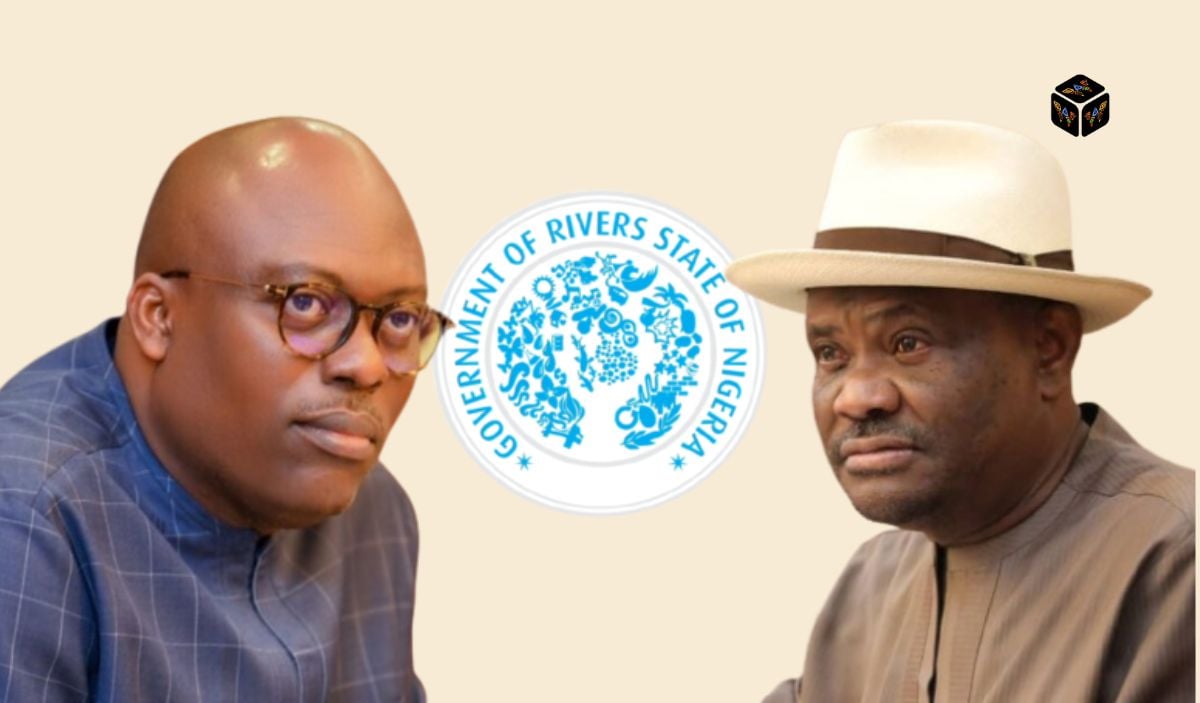
In an unprecedented move that has left many scratching their heads, President Bola Tinubu has declared a state of emergency in Rivers State, citing recent pipeline vandalism and political instability as the culprits. One can only marvel at the sheer audacity of such a decision, especially when considering the rich tapestry of challenges that Nigeria faces daily.
The President’s swift action to suspend Governor Siminalayi Fubara, his deputy, and the entire state legislature is a testament to his unwavering commitment to addressing issues with the subtlety of a sledgehammer. After all, why bother with due process or local governance when you can simply hit the reset button?
Appointing a retired vice admiral as the caretaker of Rivers State for six months is a stroke of genius. Who better to navigate the treacherous waters of political turmoil than someone accustomed to commanding naval vessels? It’s not like the complexities of civil administration require any specialised experience.
The timing of this declaration, amidst internal conflicts within the opposition People’s Democratic Party (PDP) and threats of impeachment against the governor, is purely coincidental. Clearly, the President’s actions are motivated solely by a desire to maintain order and have nothing to do with political opportunism.
In the grand tradition of Nigerian politics, this move sets a new standard for federal intervention. Why wait for local governments to address their issues when you can swoop in and take control? It’s efficient, effective, and entirely devoid of any ulterior motives.
As the nation watches this bold experiment unfold, one can’t help but wonder what other states might benefit from such decisive leadership. Perhaps this is the dawn of a new era where the federal government graciously steps in to manage local affairs, all in the name of progress and stability.
In conclusion, President Tinubu’s declaration of a state of emergency in Rivers State is a masterclass in governance. It demonstrates a profound understanding of the delicate balance between federal authority and local autonomy, ensuring that the best interests of the people are always served—whether they realise it or not.
Read: CSS Member States Leave La Francophonie, Call It a “Remote-Controlled Political Instrument”
About The Author
Related Articles
Tinubu Deducts N100bn Monthly From Federation Account Without Approval El-Rufai Alleges Says Action Deserves Impeachment
Former Kaduna State Governor Nasir El-Rufai has launched a blistering attack on...
ByWest Africa WeeklyJanuary 26, 2026Trump’s Greenland Threat Forces Europe to Taste the Logic of Western Colonial Power
It rarely begins with soldiers. More often, it begins with a sentence,...
ByWest Africa WeeklyJanuary 21, 2026Tinubu Government Claims Intelligence Cooperation With the US, Yet New York Times Publishes Conflicting Story Following $9 Million US Lobbying Effort
When the New York Times published its investigation suggesting that claims from...
ByWest Africa WeeklyJanuary 19, 2026Mali’s Transition Leader Attends Swearing-In of Guinea’s President Mamadi Doumbouya
Mali’s President of the Transition, General Assimi Goïta, represented the country in...
ByWest Africa WeeklyJanuary 19, 2026







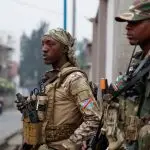
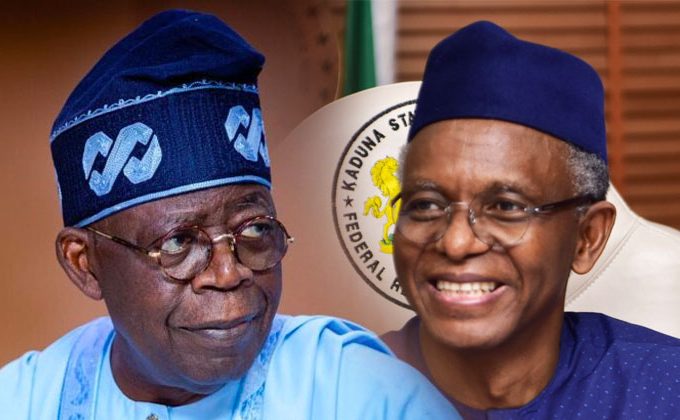
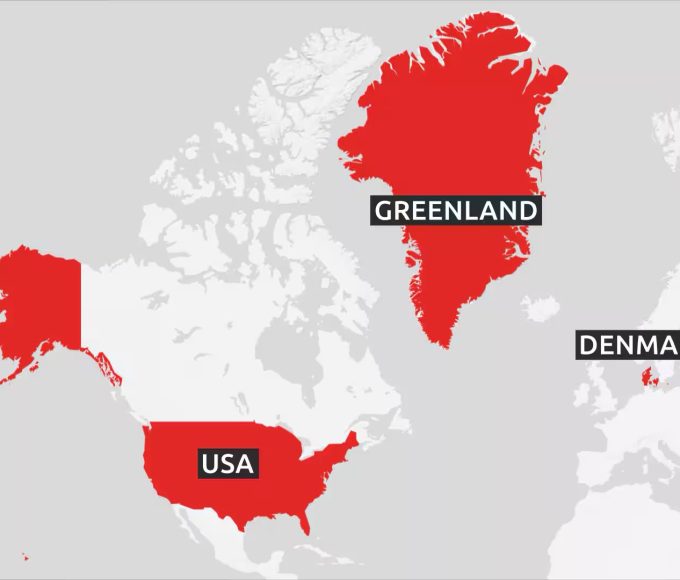
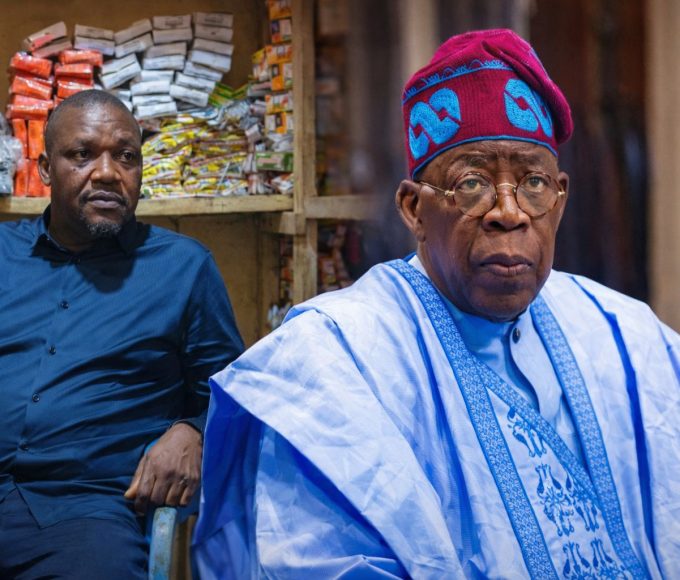

Leave a comment